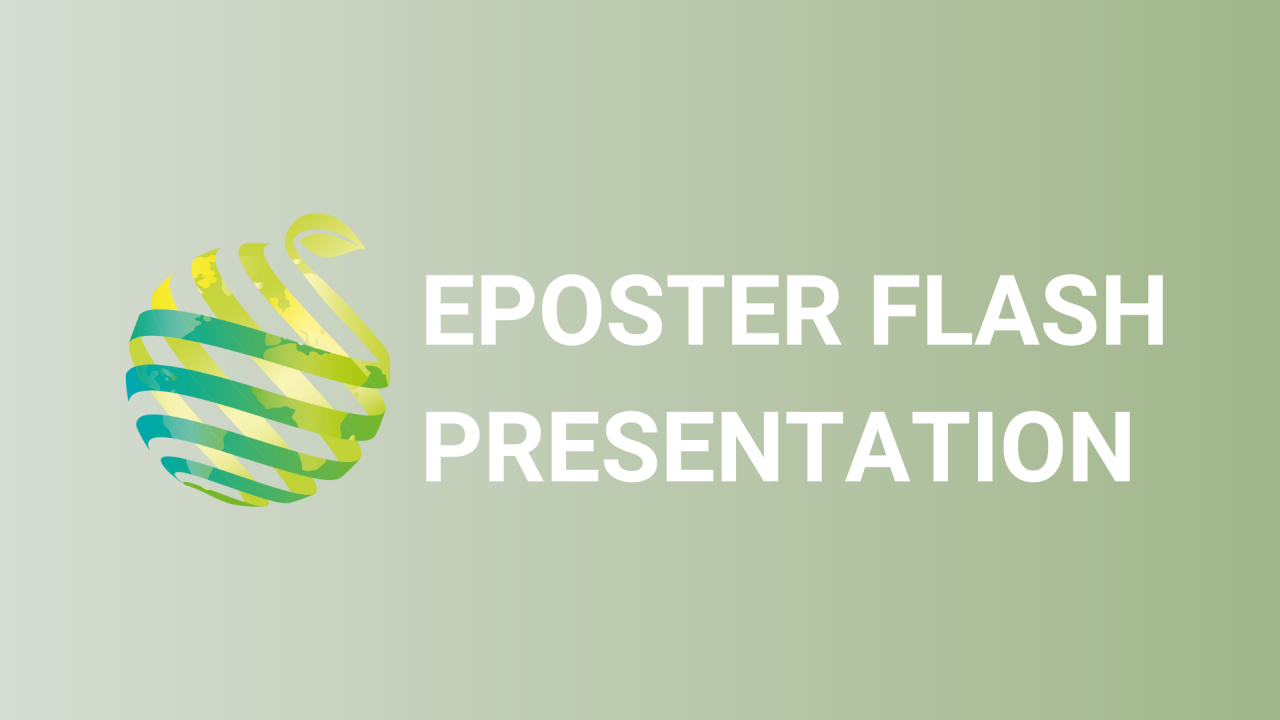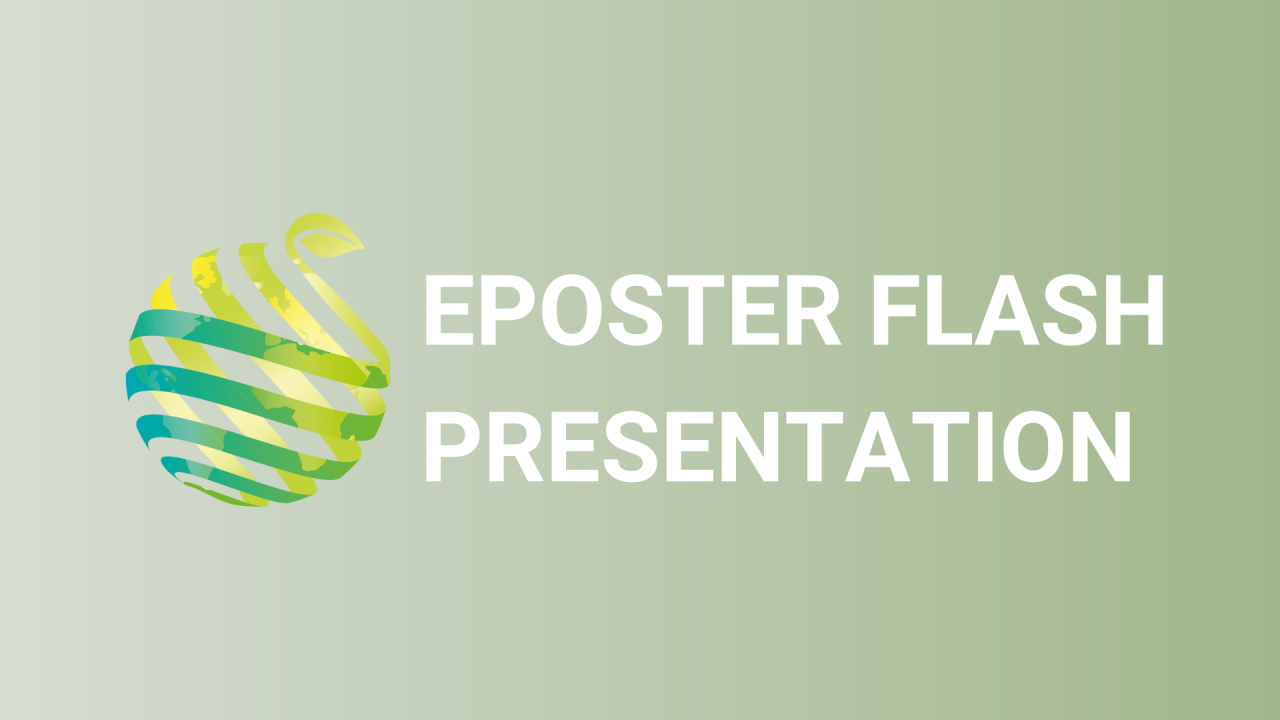

S20 - Session P3 - Adaptation Strategies for resilient viticulture in Taiwan to cope with climate change
Information
Authors: Ming-Te Lu *, Ming-Hui Liu, Iou-Zen Chen
Taiwan has 2,786 hectares of grapevine plantation at the lowland and low to mid-altitude areas of central Taiwan. Harvested grapes are mainly used for table consumption (95%) and only 5% are processed for wine. Unfavorable weather conditions like low and high temperature, continuous rainy days, heavy storms, and strong wind cause damages on grapevine growth and development. Comparing to historical climate baseline data (1976-2005), weather conditions such as higher monthly average temperatures, more annual rainfalls, less cold days in winter, more hot days in summer, and more heavy rainfall days will occur in the future years 2030, 2040, and 2050. Strategies to deal with climate change will focus on two parts: breeding and cultivation. New varieties with dark purple, green, and yellow skin color, and /or with seedless and disease resistant characteristics will become more adaptive. Cultivation techniques like controlled fertilization, mulching, artificial lighting, plant growth regulators, irrigation, mist spray, girdling, pesticides (chemical or environmental friendly), wind break, protected facilities, bud breaking chemicals, off-season production, and rootstocks will be utilized in viticulture system to reduce climate risk impacts and build industrial resilience in Taiwan.